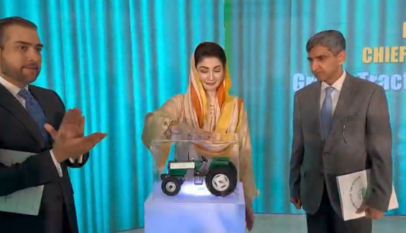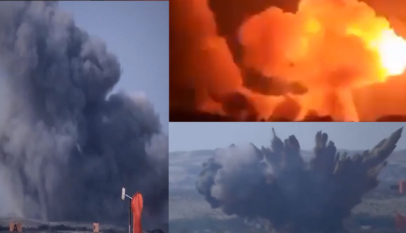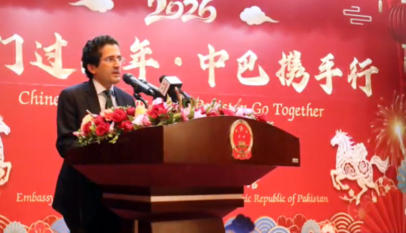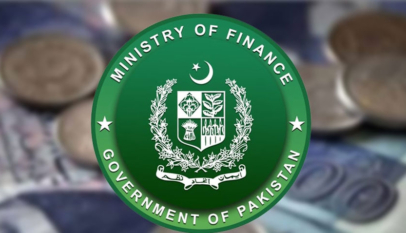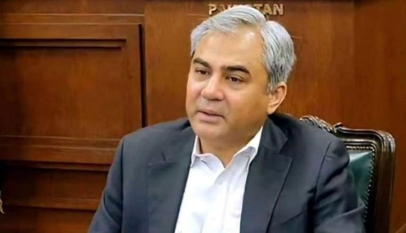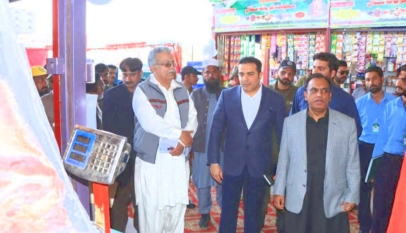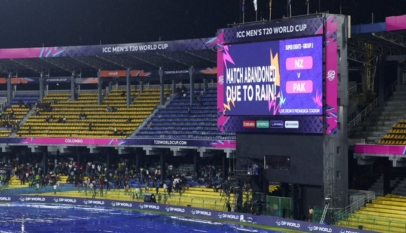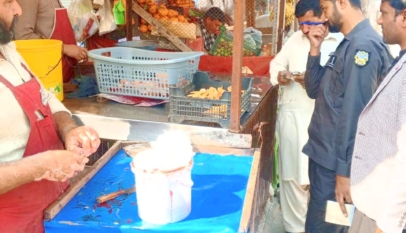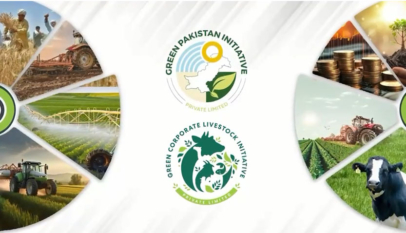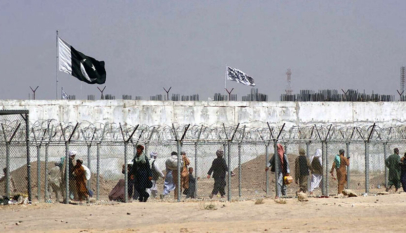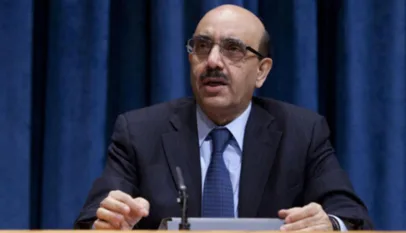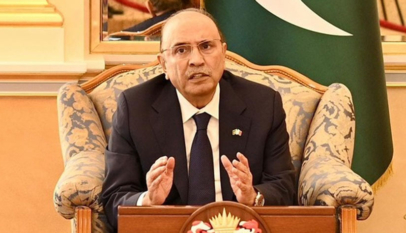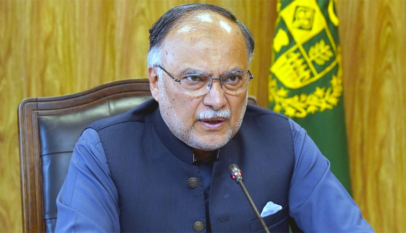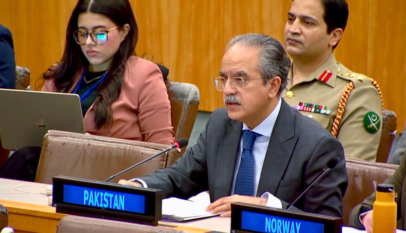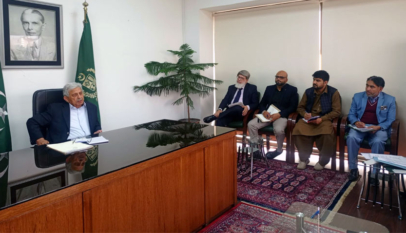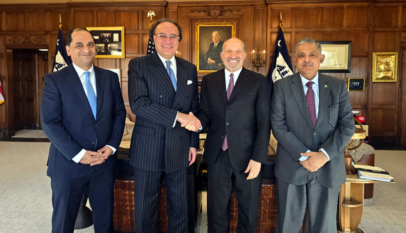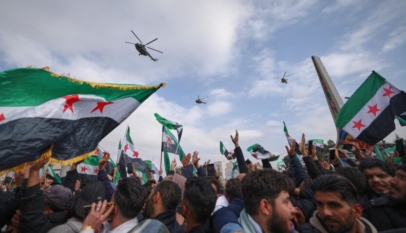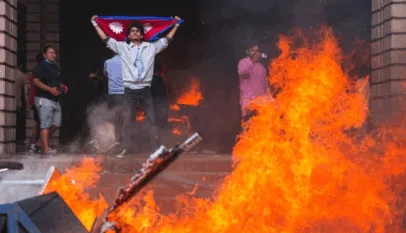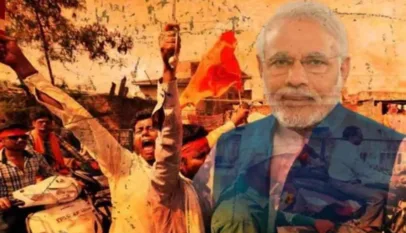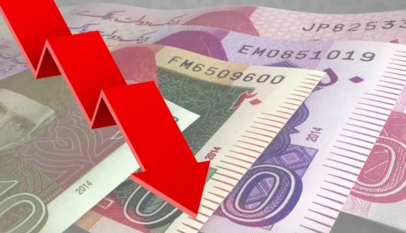
In Pakistan, the scourge of inflation is placing an unbearable burden on the people. From food to essential commodities, prices have skyrocketed, severely impacting daily life. Yet, the government’s response is a string of empty promises and rhetoric. Despite decades of protests and calls for action, the government remains indifferent and unresponsive to the growing concerns of its citizens.
While Prime Minister Shahbaz Sharif proudly announces that inflation has dropped to a 9-year low of 2.4%, the reality tells a different story. The Economic Coordination Committee (ECC) of the federal cabinet, in contrast, expresses grave concern over the soaring prices of vital items like sugar, vegetables, and edible oil. These prices continue to rise in Pakistan even as they fall globally, highlighting the government’s inability to bring about genuine price control or provide relief to the public. The ECC has urgently called for action to stabilize prices and ensure a steady supply of these essentials, particularly during the holy month of Ramadan.
This glaring contradiction demonstrates that the government is either incapable or unwilling to address the core issue of inflation. The Prime Minister and his ministers’ attempts to downplay the crisis with misleading statistics are adding insult to injury. On one hand, the people’s purchasing power has dwindled to its lowest point, while on the other, government officials continue to indulge in their luxuries, disconnected from the struggles of the common man. The stark reality is that the concerns of the people seem irrelevant to those in power; their focus remains solely on preserving their own privileges.
The root cause of inflation lies in the failure of the government’s economic policies. Despite the ongoing depreciation of the rupee and rising global market prices, the government has failed to implement any substantial economic strategies that would alleviate the pressure on the public. The government’s priorities appear to lie elsewhere, leaving the people to bear the brunt of these compounding crises.
While the global economic climate undoubtedly plays a role, the government’s lack of a concrete and workable strategy exacerbates the situation. Instead of proactively addressing the issues at hand, the government continues to ignore the financial struggles of the population. The public has been left with no relief packages or effective measures, further highlighting the government’s indifference.
If immediate action is not taken, the situation is likely to worsen, leading to even greater economic instability. Public protests, spurred by frustration and despair, may become more frequent, and the political stability of the country could be severely threatened. Yet, despite these looming threats, there is no indication that the government is taking meaningful steps to resolve the crisis.
Ultimately, the pressing question remains: Should the public continue to accept the government’s hollow announcements, or is it time for real action to combat this inflationary wave? The ongoing injustice faced by the people remains unanswered, and the government’s dismissive attitude suggests that the problems of the common man are of no concern to those in power. Unless significant measures are taken, the situation will only continue to deteriorate, and the people’s suffering will worsen.
The time for empty rhetoric has passed. The government must take immediate action to address the growing economic crisis—before it’s too late.



